By Jon Diamond
In describing the relationship between British General Sir John Dill and his political superior, Prime Minister Winston Churchill, Dill’s biographer, Alex Danchev, noted, “It was … an association strikingly lacking in empathy or understanding, etched in fundamental disagreement, and scarred by a mutual disaffection welling up at times into personal distaste.”
Yet, in sharp contrast, at Dill’s burial in Arlington National Cemetery on November 8, 1944, General George C. Marshall, the chairman of the United States Joint Chiefs of Staff, wrote to Dill’s wife, “Officially the United States has suffered a heavy loss, and I personally have lost a dear friend, unique in my lifetime, and never to be out of my mind.”
How was it possible for Churchill to be so contemptuous toward his Chief of the Imperial General Staff (CIGS) while General Marshall was so compassionate, having arranged for Dill’s burial on American soil? A great disparity in temperament toward this British field marshal existed in the corridors of power that spanned the Atlantic.
Mentioned in Dispatches
Field Marshal Sir John Greer Dill was born on Christmas Day 1881 in County Armagh, Ireland. He attended Cheltenham College and then the Royal Military College at Sandhurst. After being commissioned as a second lieutenant, he served in South Africa in the 1st Battalion of the Leinster Regiment during the Boer War. After some adjutant positions, he became a captain in 1911 and attended the Staff College at Camberley in 1913. During the early months of World War I, he was the brigade major of the 25th Brigade, 8th Division at Neuve Chappelle, France. In 1916, he served as a major in the 55th Division, as well as with the Canadian Corps.
The next year, Dill was promoted to the temporary rank of lieutenant colonel while serving with the 37th Division. At the end of hostilities, he had risen to the temporary rank of brigadier and was Mentioned in Despatches eight times.
Dill returned to the Staff College for another posting after the war in 1919. After some command assignments to the Welsh Border Brigade and then the 2nd Infantry Brigade at Aldershot, he served as an instructor at the Imperial Defence College in London in 1926. According to Andrew Roberts, “Dill was Army Instructor there from 1926 to 1928. Alumni (such as General Claude Auchinleck, Admiral John Tovey, Canada’s General Andrew McNaughton, and Air Chief Marshal P. Peirse) were both conscious of their exclusive status and loyal to Dill, their ‘headmaster.’”
Following a posting to Quetta, India, with the rank of permanent brigadier, Dill was promoted to major general in 1930. Shortly thereafter, he returned to the Staff College at Camberley as its commandant from 1931 to 1934. From 1934 to 1936, he was the War Office’s Director of Military Operations and Intelligence. Following that posting, he was appointed the General Officer Commanding (GOC), British Forces in Palestine in September 1936. Upon returning to England, from October 1937 to the outbreak of World War II, he was the GOC, Home Command at Aldershot.
While several junior officers were promoted over him, as was the custom of War Minister Leslie Hore-Belisha, Dill did secure the command of I Corps in France on the day war was declared and was promoted to general in October 1939. In late April 1940, before the Nazi blitzkrieg was unleashed on the West, he was appointed by Prime Minister Neville Chamberlain as the Vice Chief of the Imperial General Staff (CIGS), and returned to London under the current CIGS General William Ironside.
Dill as CIGS
Within a few weeks of Churchill’s being named prime minister, Dill replaced Ironside as CIGS on May 27, 1940. Fraser noted, “Dill had an unhappy time. He could not get on terms with Churchill or his methods of work. He had had a very painful period in his personal life [death of his wife]. He lived on his nerves and was exhausted. On 13th November he told [Field Marshal Sir Alan] Brooke that his departure from the office of CIGS was, he was sure, imminent. He made clear that he hoped Brooke would succeed him….”
On November 18, 1941, Dill received his field marshal’s baton, and because he was to soon reach the age of 60 his retirement as CIGS was announced the next day. After helping Dill draft a press statement about his retirement as CIGS for the Ministry of Information, General John Kennedy, his subordinate at the War Office, noted that the CIGS seemed “very disturbed but I think not really unhappy and is glad that Brooke is taking over.” General Sir Alan Brooke became Churchill’s next CIGS on December 1, 1941.
Danchev, in chronicling Dill’s tenure as CIGS from May 1940 to December 1941, stated that his achievement was considerable: “It was above all Dill who responded to the imperative of the moment and established the wearying but constructive adversarial relationship between Churchill and the Chiefs of Staff on which Brooke, blessed with new allies and augmented resources, so successfully built in 1942 for the duration of the war.”
Dill wrote, “I live a very hectic life. Most of it is spent trying to prevent stupid things being done rather than in doing clever things! However, that is rather the normal life of a Chief of Staff.”
“Dilly-Dally”
Dill was rather audacious with his initiative to reinforce the Middle East with an armored brigade and other weapons as early as September 1940, at a time when invasion seemed imminent. This move enabled General Archibald Wavell to begin planning for his offensive against the Italian Tenth Army in North Africa, Operation Compass; however, it chronologically followed the tenuous consultations in August between Wavell and Churchill in London.
Clearly, Dill’s support of Wavell, either personally or in war matériel, was not going to sit well with Churchill. Dill defended the Army as a whole and Wavell in particular from Churchill’s “unjust” and “damaging” criticism, at one point threatening the prime minister with resignation. Dill regarded Churchill as an arch-meddler whose interventions had to be borne with as much patience as he could muster.
Soon after Dill became CIGS, Churchill began to have reservations about his appointment, especially as strategic setbacks accumulated and a seaborne invasion of Britain itself appeared imminent. Churchill even had a “cruel private nickname” for Dill, “Dilly-Dally,” because his CIGS seemed to possess a “lack of fire.”
To Churchill, Dill embodied the undesirable qualities of the War Office, namely being “hidebound, devoid of imagination, extravagant of manpower and slow.” Even his responses to Churchill’s razor-sharp tongue were tardy and often came to him later as afterthoughts of verbal sparring with the prime minister. Churchill’s dismissive stance with Dill dated back to the summer of 1940, shortly after his appointment as CIGS.
As early as July 10, 1940, Chruchill wrote, “I do not think that we are having the help from General Dill which we hoped for at the time of his appointment…. He strikes me as being very tired, disheartened, and over-impressed with the might of Germany.”
According to Danchev, this indictment “already incorporated one of Churchill’s most characteristic and frequently reiterated criticisms: of a caution, a pessimism, amounting almost to defeatism…. He once stigmatized Dill, to his face in Cabinet, as ‘the dead hand of inanition.’” Churchill’s sparring with his CIGS would continue until the end of 1941. Churchill’s private secretary, John Colville, noted, “By September 1941, he [Churchill] has now got his knife right into Dill and frequently disparages him.”
“I Suppose You Realize We Will Lose the Middle East”
Dill and Foreign Secretary Anthony Eden worked closely together at the War Office in their mission to garner Greek and Turkish support against the Axis at the close of 1940 and into the early months of 1941. Although Churchill was naturally anxious to help Greece if it could be done, he made it clear that if local commanders were against it, then the British government would not urge for it.
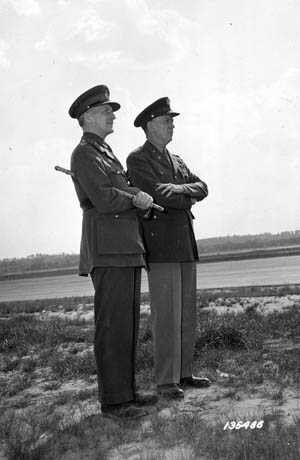
The prime minister sent Dill and Eden to take stock of such an endeavor. It was only after their visit to Athens and with the full endorsement of the top commanders in the Middle East that they both recommended the ill-fated Greek expedition that ensued. The humiliating failure of the Greek misadventure, followed by the loss of Crete to a Nazi airborne assault, not only weakened Britain’s forces in the Western Desert at a crucial time, but also contributed to Churchill’s disappointment with Dill.
Thus, despite the success of Operation Compass and Dill’s enthusiastic offensive spirit for a Greek expeditionary force, what had mostly irked Churchill was Dill’s strategic view of the Middle East during the spring of 1941. In his published memoirs, Churchill gave no reason for not reappointing Dill beyond his 60th birthday, but an earlier draft mentioned Dill’s support for defending Singapore over Cairo during a row over grand strategy in May 1941.
Although Dill had supported the Greek expedition, he remained very dubious about the result and told his subordinate, Maj. Gen. Kennedy, “I suppose you realize we will lose the Middle East.” While some of this pessimism was clearly Dill’s nature, another aspect of it emanated from Dill’s strategic view that Britain was committing scarce resources in the wrong theaters.
To Defend the Middle East or Singapore
Throughout the late winter of 1940 and early spring of 1941, intelligence assessments continued to indicate that the Germans could and would attempt an invasion of the British Isles during the upcoming favorable Channel months as the only way to bring the war to a successful conclusion. In April, the Joint Intelligence Sub-Committee of the Chiefs of Staff reported that such an invasion was a Nazi priority, and despite mounting reports to the contrary, they felt a German attack on Russia was unlikely.
Parenthetically, Churchill was coming to the opposite conclusion at the same time. Dill, knowing how far from complete the reequipping and training of the British Army was, became more concerned that the Middle East commitment could expose Britain to a fatal blow by siphoning away resources that would be desperately needed should Hitler’s postponed invasion of Britain finally be mounted.
On May 6, 1941, Dill offered Churchill an appreciation entitled, “The Relation of the Middle East to the Security of Great Britain.” As noted in Churchill’s war memoirs, Dill bluntly stated, “I believe we have gone to the limit, if not beyond it, in respect of the security of Great Britain.” It was Dill’s strategic view that Singapore, not the Middle East, ranked second to Britain itself on the empire’s strategic priorities list.
To the contrary, Churchill was deeply committed to the Middle East and had always stressed its paramount importance to Britain’s continued war effort. Churchill knew that without Middle East oil, especially if transatlantic shipments were to be threatened by the U-boat menace, the Royal Navy would not have sufficient fuel to continue and mechanized ground forces would grind to a halt.
“A Successful Invasion Spells Our Final Defeat”
Dill continued to sow ill will with the prime minister by his pronouncement, “The loss of Egypt would be a calamity which I do not regard as likely and one which we should not accept without a most desperate fight; but it would not end the war…. A successful invasion spells our final defeat…. It has been an accepted principle in our strategy that in the last resort the security of Singapore comes before that of Egypt.”
Churchill’s response to Dill showed the now extant disharmony between the prime minister and the CIGS: “I gather you would be prepared to face the loss of Egypt and the Nile Valley, together with the surrender or ruin of the Army of half a million we have concentrated there, rather that lose Singapore. I do not take that view, nor do I think the alternative is likely to present itself.”
This major difference in opinion was “the nub of the strategic issue between them.” Another major Churchill supporter, General Hastings Ismay, writing after the war, regarded Dill’s May 1941 note on as “the most extraordinary document that has ever seen the light of day. Put yourself in the Prime Minister’s place and ask yourself whether you would have much confidence in the strategical advice of a man who put his signature to that document!”
Dill refused to quit and defended himself against the charge that he was prepared to face the ruin of the Middle East and argued again for upgrading Singapore’s defenses. He concluded on a defiant note: “I certainly intended to imply that if we reach a point when the maintenance of our position in Egypt would endanger either the United Kingdom or Singapore, we should hold fast to the two latter, even if this meant the loss of Egypt. That is my considered opinion.”
Churchill was astonished by Dill’s persistent stance. Dill wrote to Wavell in early 1942, when he was already posted to Washington, “It is odd that Winston should want me to represent him here…. We disagreed too often … among other things, on what we should do for the Far East.”
Dill’s Great Strategic Mistakes
It is ironic that after having taken such a contrary strategic stance for strengthening Singapore over the Middle Ease, Dill committed two mistakes that helped misshape the campaign in Malaya that began on December 8, 1941. First, he named the wrong person as commanding general there. Second, he failed to correct the worst of Churchill’s misconceptions about the situation in the Far East. Dill’s choice to command at Singapore was his longtime protégé, Lt. Gen. A.E. Percival, who has been forever consigned as a historical pariah for his surrender of Singapore.
Dill also failed to correct Churchill’s worst misunderstanding about Singapore. The prime minister believed that it was a true fortress capable of all-around defense. But it was not and had never been intended to be.
In June 1941, after the defeat of Operation Battleaxe along the Egyptian frontier, Dill was not consulted and only learned of Wavell being replaced by Auchinleck when he received a copy of Churchill’s cable to Cairo. The CIGS foolishly discussed with John Colville, Churchill’s private secretary, that “Wavell had twice Auchinleck’s brainpower and added that Wavell could write and would use his pen after the war.” Quite naturally, Colville relayed his conversation with the CIGS to the prime minister, who with a flair of hubris replied that “he also planned to write after the war and offered to wager that he would outsell Wavell.”
Dill wrote to Auchinleck after Wavell’s dismissal, “The Commander in the field will always be subject to great and often undue pressure from his Government…. You should make it quite clear what risks are involved if a course of action is forced upon you, which from a military point of view, is undesirable. You may even find it necessary, in the extreme case, to dissociate yourself from the consequences.”
Ismay cautioned Auchinleck against “what he saw as Dill’s great failing: it was a mistake to take lasting umbrage if his [Churchill’s] criticisms were sometimes unduly harsh or even unjust.” Unfortunately for Auchinleck’s future as Middle East Theater commander, he chose to heed Dill’s advice.
A Unique Bond With George Marshall
Although Churchill wanted him to be governor of Bombay upon his retirement as CIGS, Dill declined. Dill’s successor, Brooke, persuaded Churchill on December 11, 1941, to take Dill to Washington with him for conferences with their new ally, the United States. Brooke wanted Dill to be the permanent head of the British military mission in Washington since all the other chiefs of service trusted and admired him.

Dill’s intelligence, courtesy, and tactful integrity made an instant impression on the Americans. Also, Dill was not as abrasive as the new CIGS, Brooke. After the initial Washington Conference adjourned, Dill remained there as Churchill’s representative and the Chief of the British Joint Staff Mission (JSM) Washington as well as the senior British member on the Combined Chiefs of Staff (CCS) there.
After the Atlantic Charter Conference in August 1941, well before the entry of the United States into World War II, Dill wrote to Marshall, “I sincerely hope that we shall meet again before long. In the meantime we must keep each other in touch in the frank manner upon which we agreed.”
The bond struck between the two generals consisted of more than words. When Dill asked Marshall in November 1941 “for tanks to bolster British defences in face of a possible German attack through the Caucasus and Anatolia,” the American chief of staff immediately agreed to supply the requested 350 medium tanks. This was not a trivial gesture since it represented three months of tank production that had been earmarked for the U.S. armored force.
Marshall’s Informant in the British Chiefs of Staff
Upon becoming the head of the British JSM in Washington, Dill represented the collective British chiefs of staff as the senior British member of the combined chiefs. Thus, on a daily basis he acted as principal spokesman for the British in his direct dealings with the Americans. When the combined chiefs did meet in person at Allied conferences, Dill joined them. So ubiquitous was Dill in the Allied leadership hierarchy after coming to Washington that even Churchill began to realize the “difficulties arising from Dill’s vaguely defined outside influence and special relationship with me.” Not only had Dill won over Marshall, but he also had the support of President Franklin D. Roosevelt and his confidant, Harry Hopkins.
Dill and Marshall honored their commitment to candor. The Briton showed Marshall virtually all the Chiefs of Staff telegrams he received, including Churchill’s “hot ones,” which were immediately discussed by the two generals. Even in Dill’s absence, these private messages were simply taken to Marshall’s office by Dill’s senior secretary rather as if Marshall were on the regular British distribution list.
Marshall stated, “Roosevelt would communicate with Churchill … and I would be wholly unaware of it,” although it may have directly affected American military affairs. Marshall cunningly found out what Roosevelt and Churchill conferred about since Churchill would often relay Roosevelt’s cables to Brooke, who, in turn, sent them on to Dill. Without either Churchill’s or Brooke’s knowledge, Dill dutifully showed them to Marshall and also had access to Roosevelt’s often “Byzantine” machinations.
Marshall could not let on that he knew about the private dialogue between Roosevelt and Churchill since it would “endanger the position of his British spy, Sir John Dill.” After the war, Marshall reminisced, “I had to be very careful that nobody knew this—no one in the War Department and certainly not the [British] Chiefs of Staff…. If the secret [of Dill’s back-channel communication] came to light, Dill would be destroyed in a minute.”
Under the impression that Dill was about to be recalled to London for being too pro-American, Marshall organized a campaign to convince Churchill of Dill’s prestige on the other side of the Atlantic.
“A Great and Wise Soldier, and a Great Gentleman”
Dill died on November 4, 1944, in Washington, D.C., from aplastic anemia. Marshall wrote to Brooke, “We mourn with you the passing of a great and wise soldier, and a great gentleman.” By a special act of Congress, Dill was buried at Arlington National Cemetery, a distinct honor for a non-American.
Marshall delivered the eulogy at Dill’s funeral while a cousin of the American general noted afterward, “I have never seen so many men so visibly shaken by sadness. Marshall’s face was truly stricken.” To demonstrate the esteem that he had achieved from his allies in the United States, Dill was posthumously awarded the American Distinguished Service Medal, as well as an appreciation for his contribution to the war effort delivered through an unprecedented joint resolution of the United States Congress.
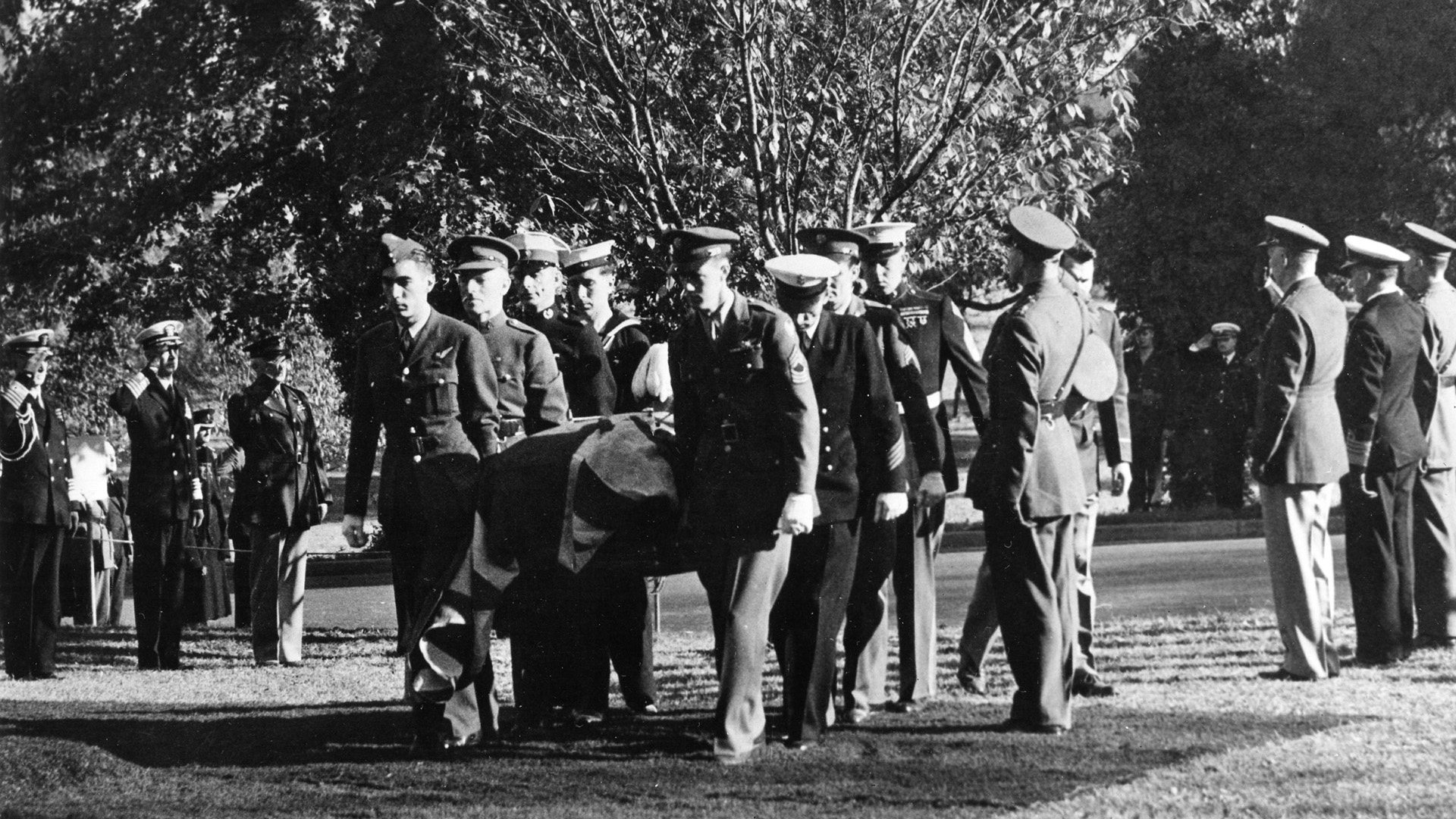
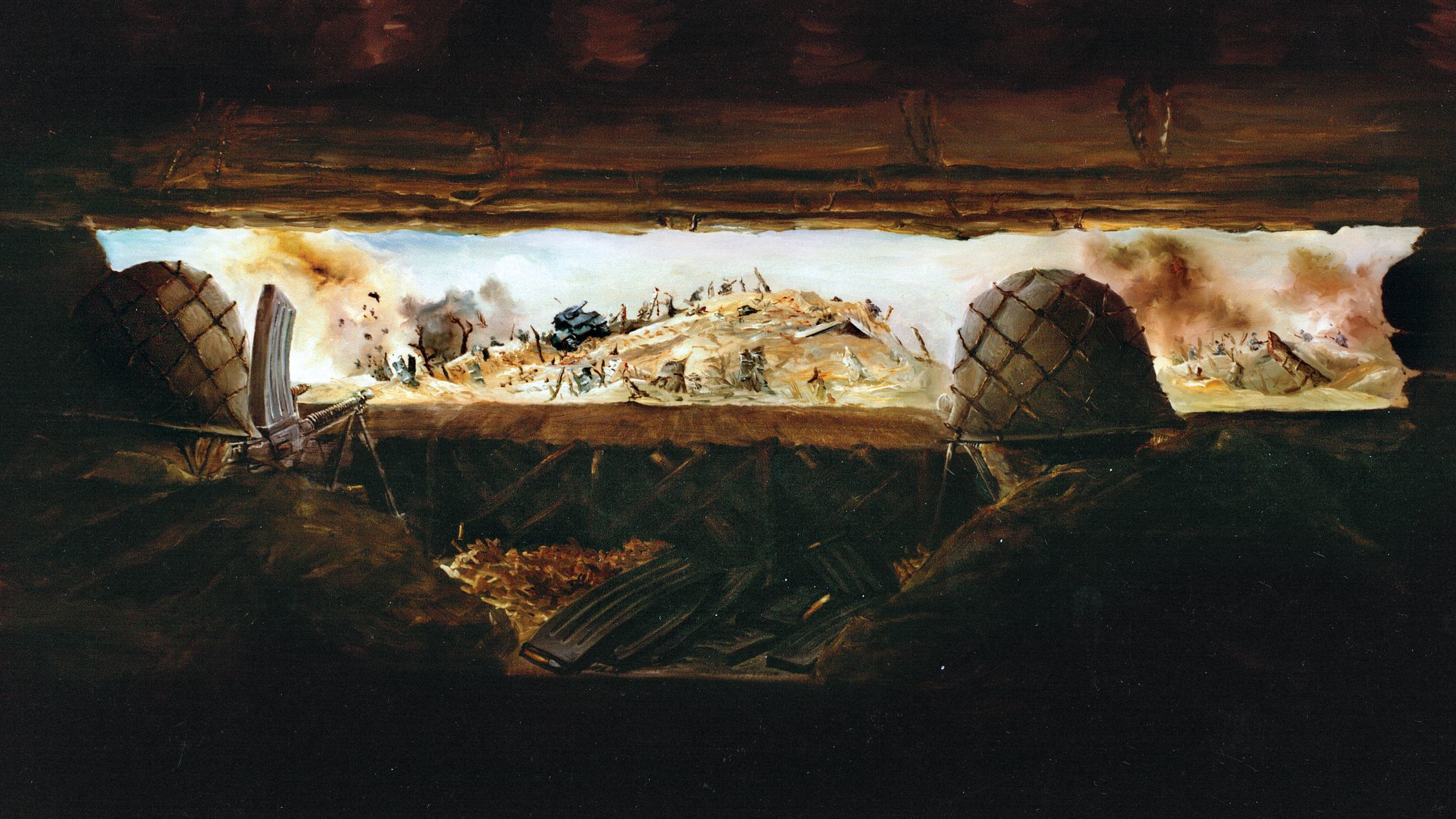
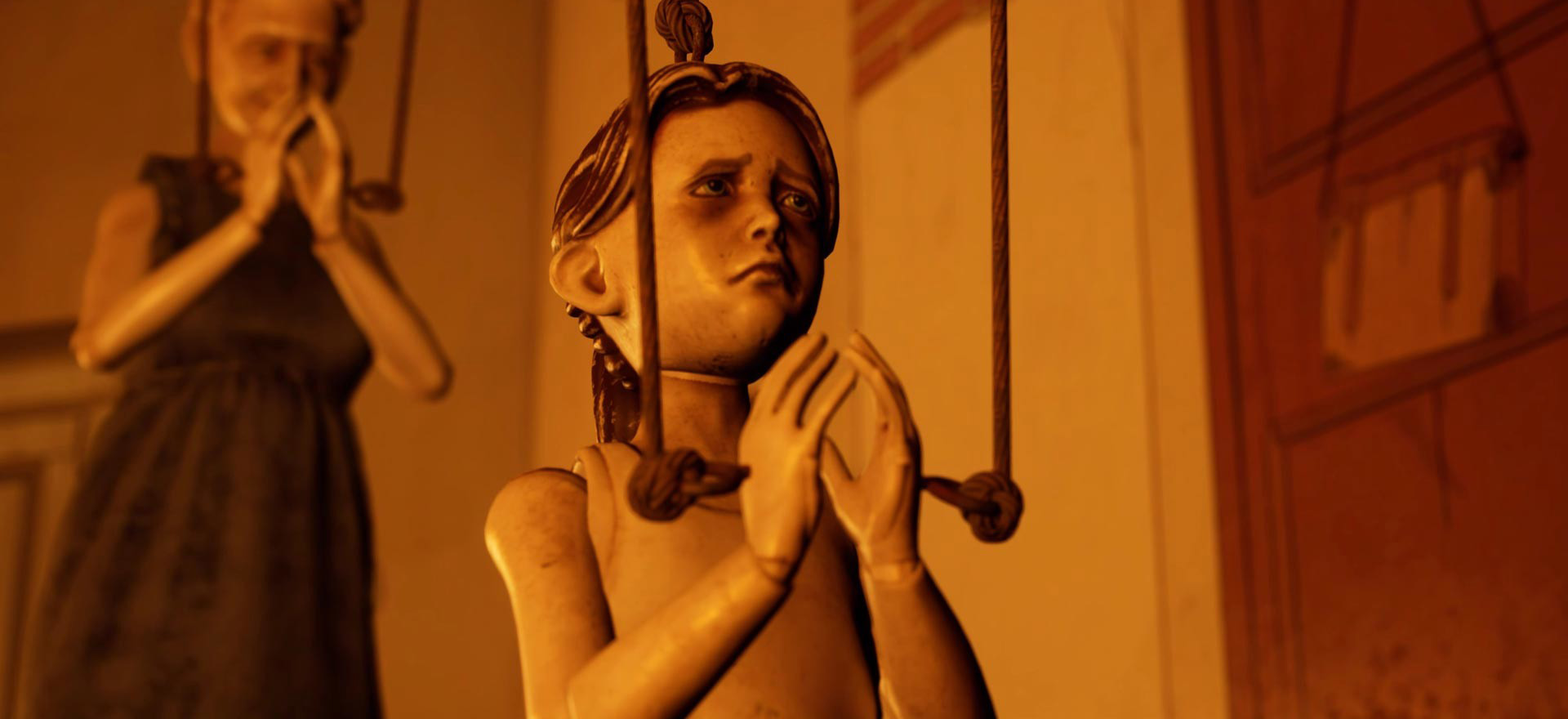
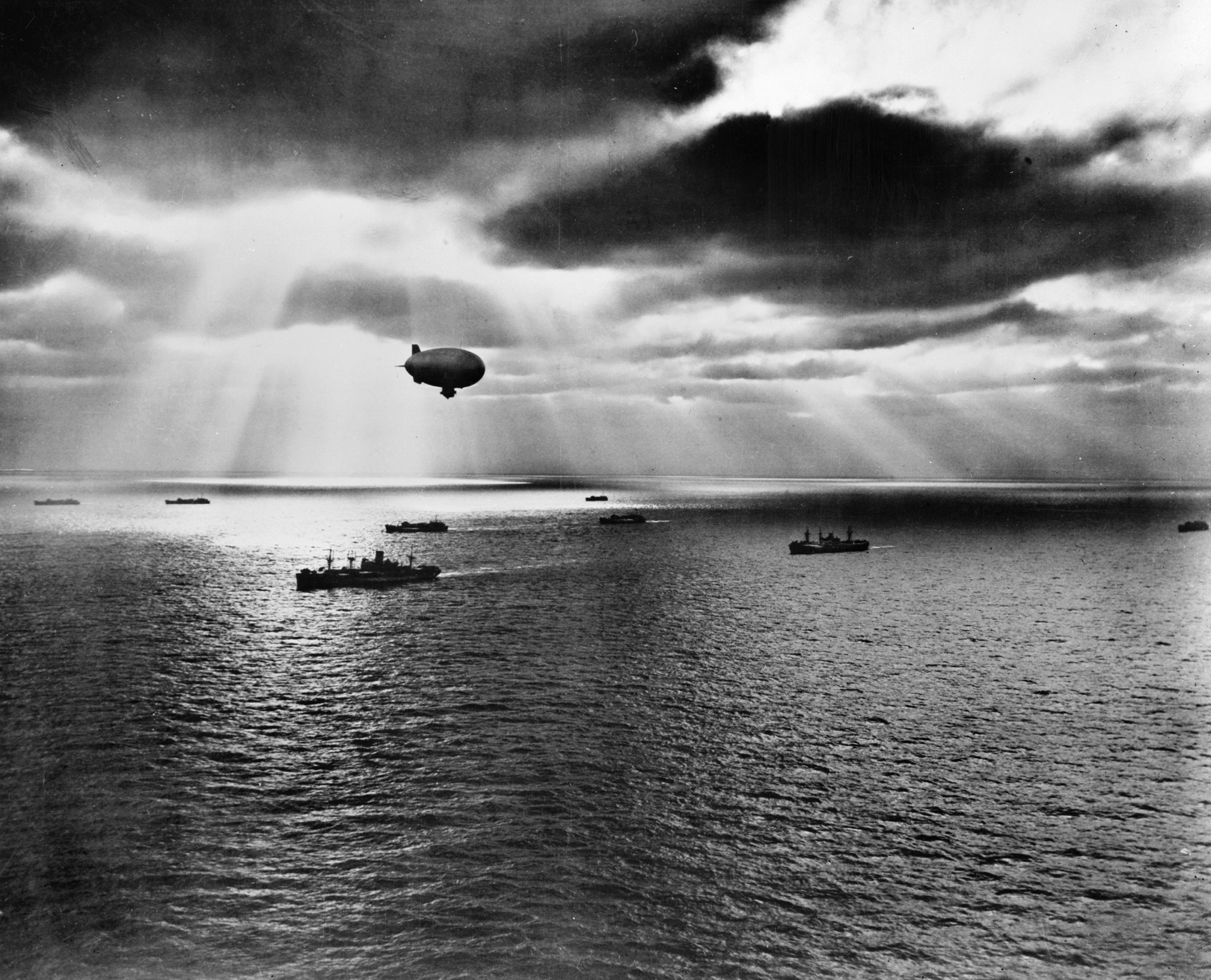
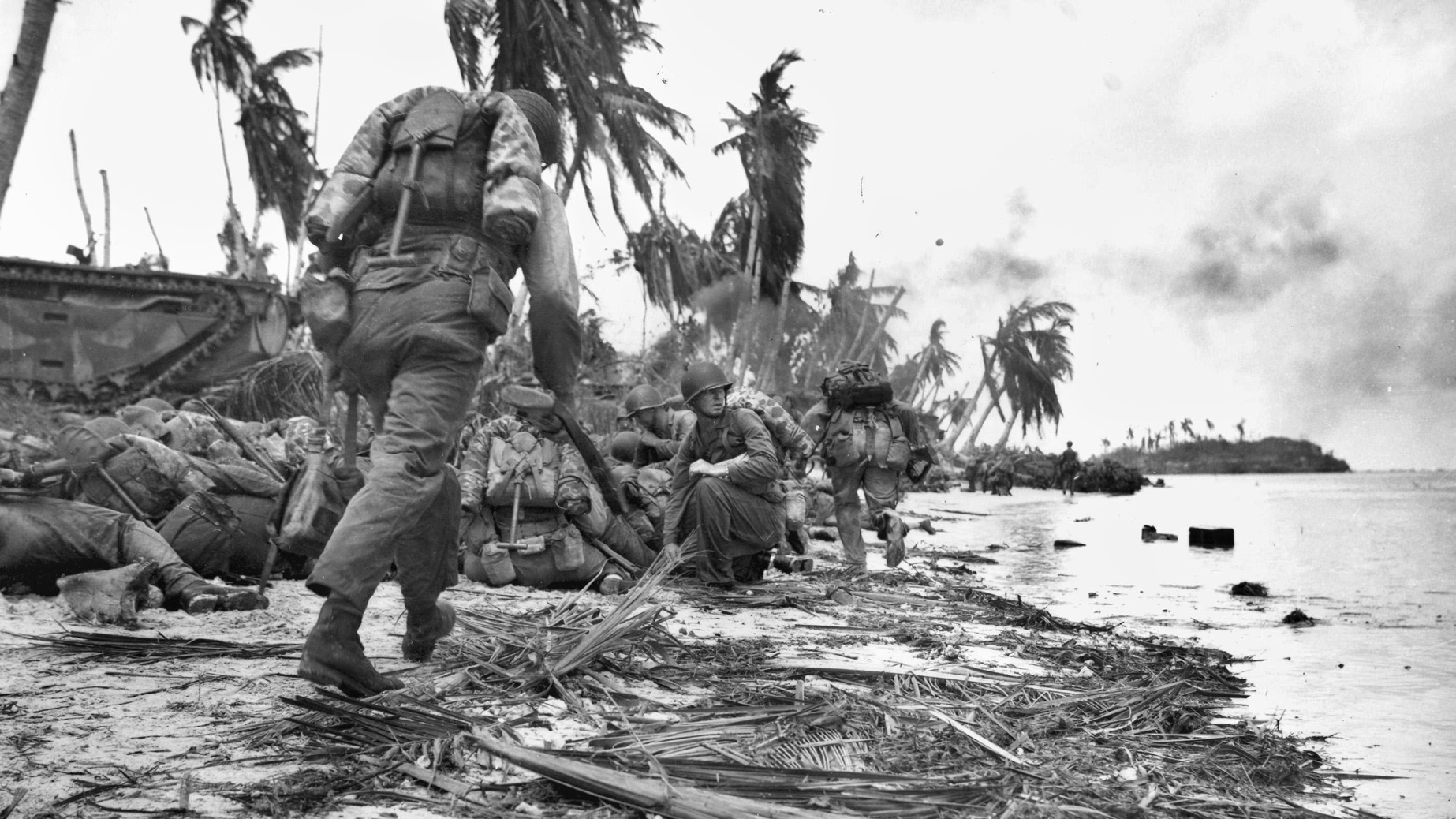
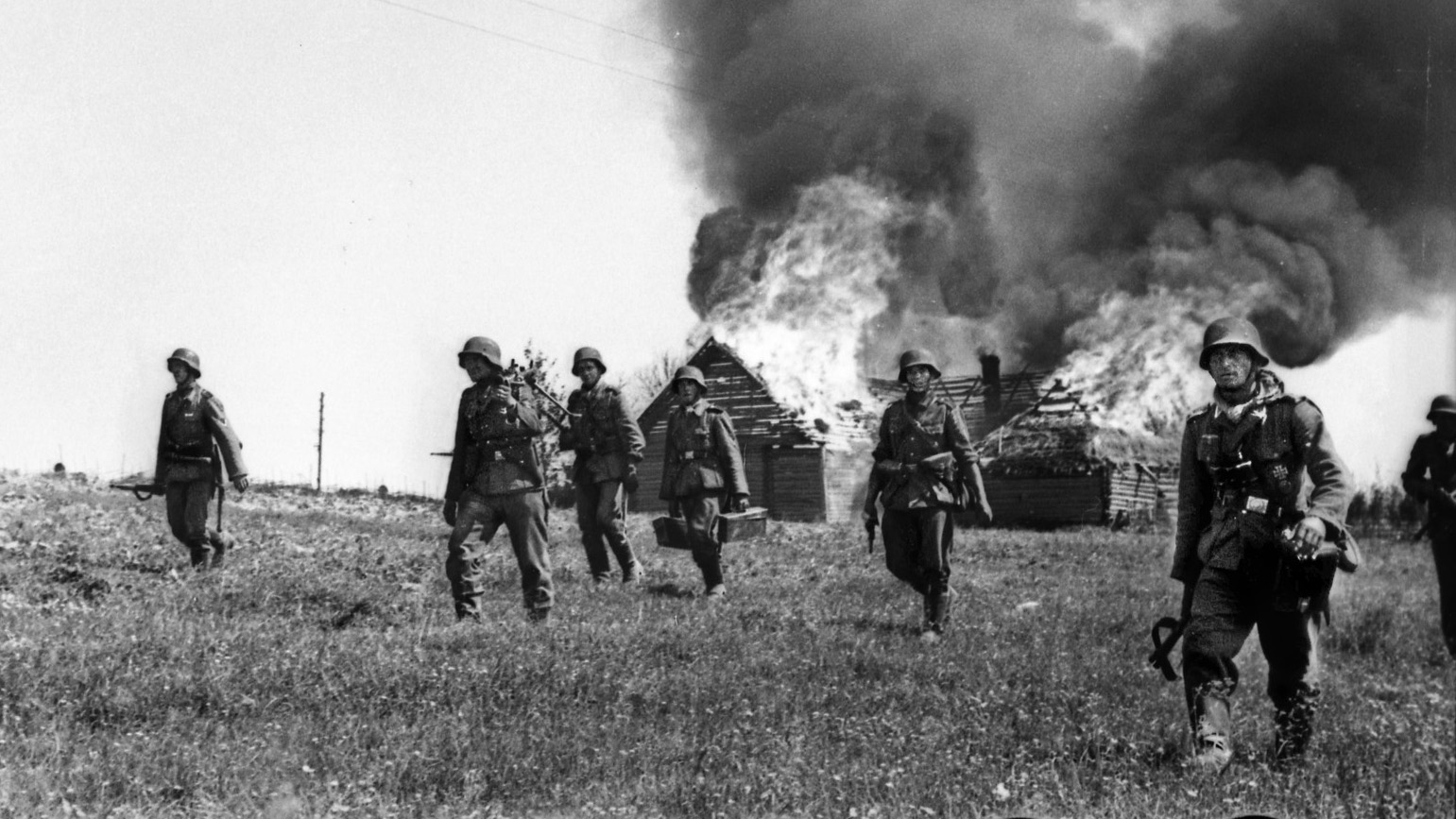
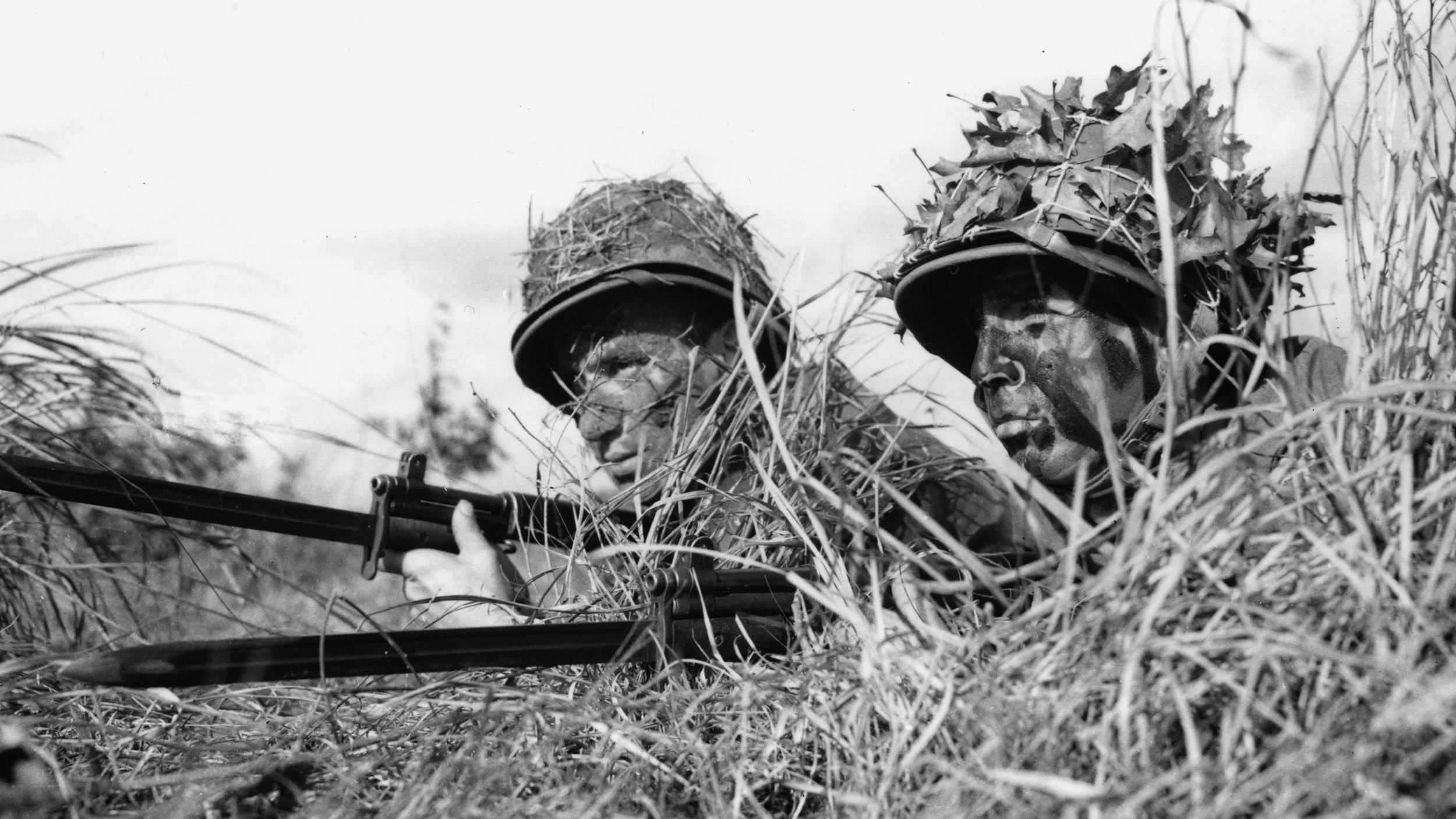
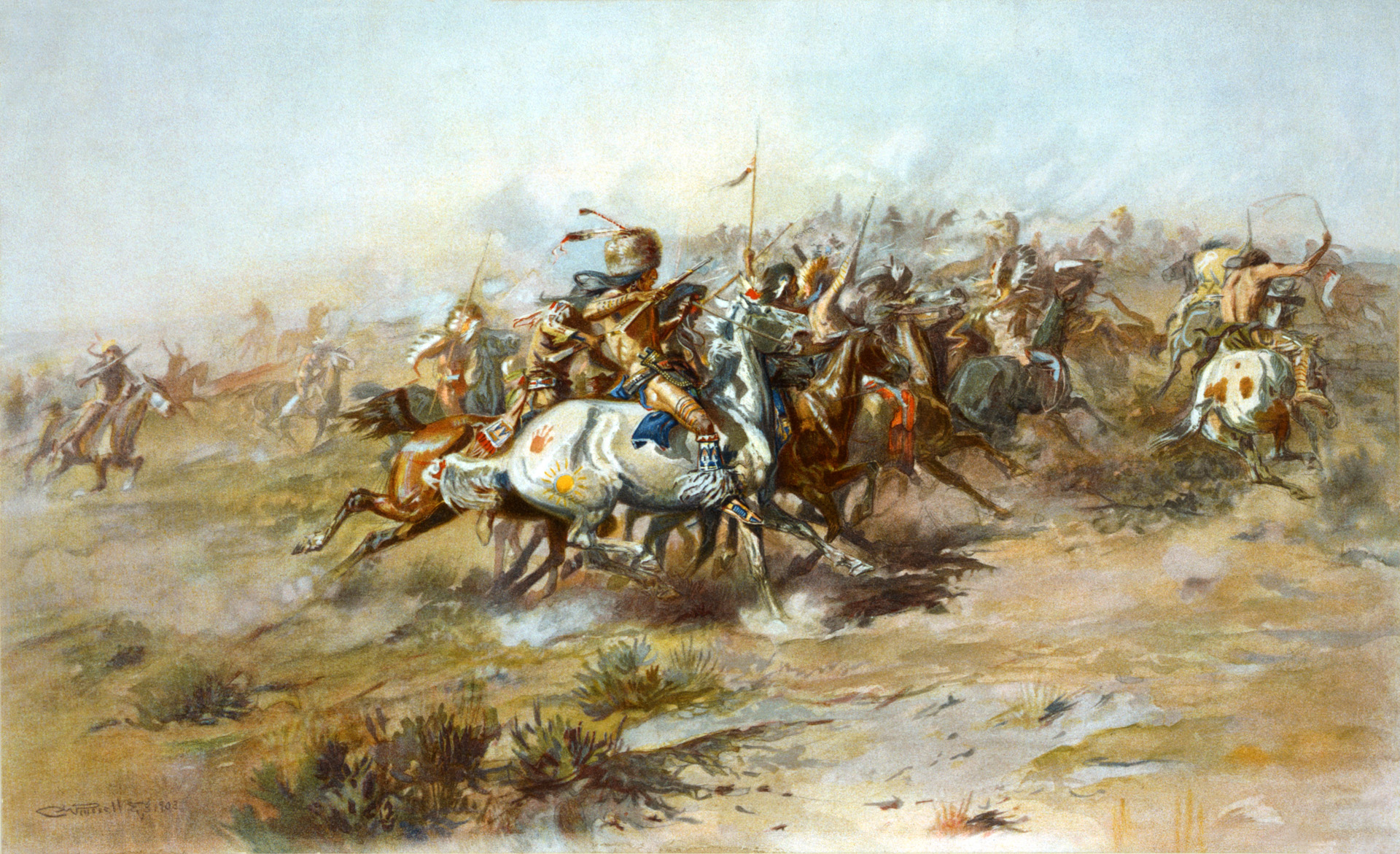
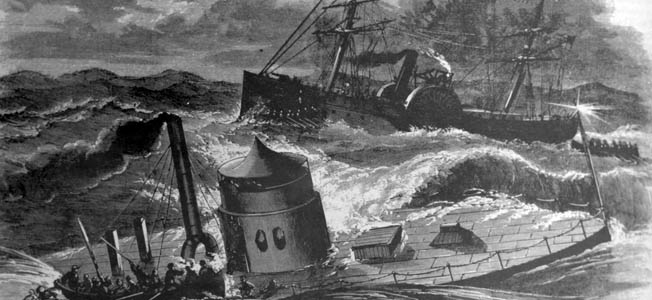
Outstanding history!